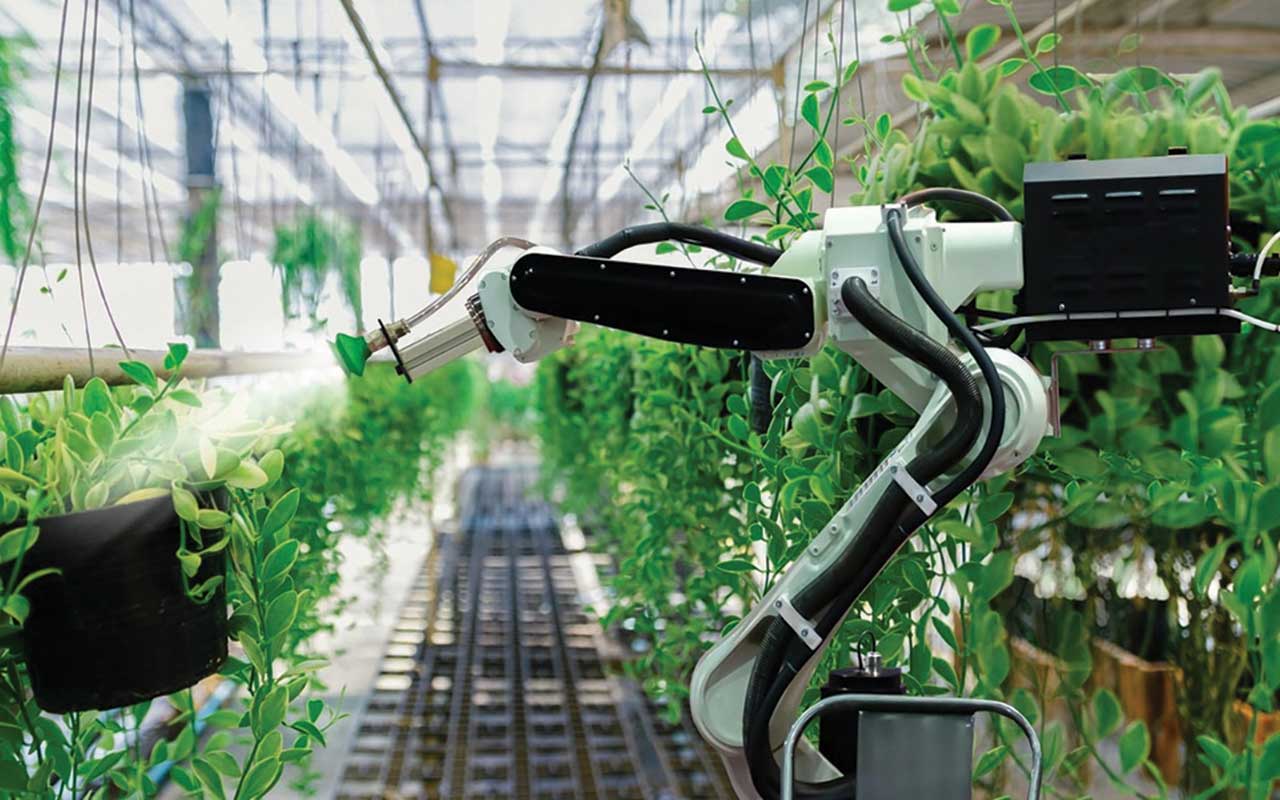 The immediate past National Chairman, Nigerian Institution of Mechanical Engineers, Mrs Olufunmilade Akingbagbohun, has tasked agricultural engineers to brace up to the pivotal responsibilities of ensuring poverty alleviation in designing sustainable agricultural systems, facilitating access to resources, providing training and education to farmers.
The immediate past National Chairman, Nigerian Institution of Mechanical Engineers, Mrs Olufunmilade Akingbagbohun, has tasked agricultural engineers to brace up to the pivotal responsibilities of ensuring poverty alleviation in designing sustainable agricultural systems, facilitating access to resources, providing training and education to farmers.
She emphasised that advanced agricultural technologies are transforming modern farming by improving productivity, sustainability and resilience through innovations in engineering, bio-technology and data science, empowering farmers to tackle 21st-century food production challenges.
Akigbagbohun gave the charge at a webinar organised by Women in Agriculture and Bio-resource Engineering of Nigeria (WABEN), a division of Nigerian Institution of Agriculture Engineers.
She said though mechanisation is critical to farming operations in any country for food security, but in Nigeria, farm mechanisation is very poor, arguing that making tractors readily available to farmers in Nigeria, is the most-valuable value-addition required in the agricultural-value-chain with about 70,000 tractors required, according to experts.
The former chairman said best way to make tractors readily available is for tractor to be designed and produced through indigenous technology in Nigeria, which is a big challenge for engineers and other stakeholders.
She said by leveraging precision agriculture, sustainable intensification, and digital technologies, practitioners enhance productivity, resilience and livelihoods in rural communities.
“Agricultural engineers play a crucial role in enhancing water and land management through their expertise in engineering and technology. They design and implement customised irrigation systems, such as drip irrigation; develop water conservation strategies, including rainwater harvesting; plan soil and water management and implement drainage systems; advocate for sustainable land use practices.
“They also integrate advanced technology solutions like remote sensing and precision agriculture tools. Their interdisciplinary approach helps farmers optimise resource use. Through collaborative efforts and innovative solutions, agricultural engineers contribute to building a more equitable and prosperous future for all,” Akigbagbohun said.
On strategies to enhance agricultural productivity, she stated the need for precision agriculture, which optimises crop management using GPS and sensors; irrigation management that ensures efficient water delivery, crucial for drought-prone regions, mechanisation and automation to streamline farming tasks, increase efficiency, crop genetics and biotechnology for improved varieties resistant to pests and environmental stresses.
By implementing these strategies, she said agricultural engineers promote sustainable production, resource efficiency and global food security.
She listed challenges in the agriculture sector to include climate change impacts, which affect agricultural productivity and resource availability, policy and governance issues, and knowledge gaps.
However, Akingbagbohun advised that future direction must focus on precision agriculture to enhance resource management and crop yields, climate-smart practices, sustainable intensification by balancing increased productivity with environmental conservation.






